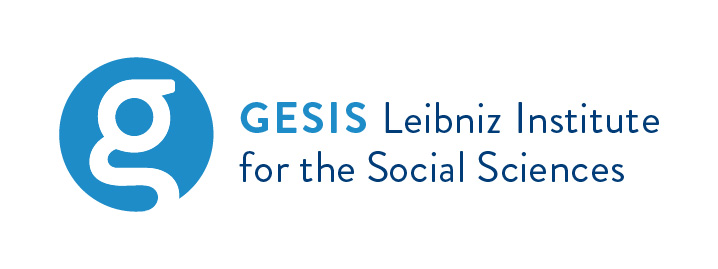Effects of prepaid monetary incentives on the return of mail survey and self-reporting about delinquency. Empirical results of an experiment
Abstract
In the context of an empirical study on determinants of delinquent behavior, a methodological experiment is carried out to investigate whether also for a sensitive topic like crime the return quota can be influenced by monetary incentives. The theoretical implication of strict rationality namely that prepaid monetary incentives do not contribute to the return quota positively in postal interviews is questioned from the theoretical perspective of the social exchange theory as well as from the theory of subjectively expected utilities. In a survey in which people are asked to report about their former delinquent behavior and, in particular, about delinquency in the future, prepaid monetary incentives might be a confidence-building measure which results in comparatively high return quotas. Merely promising money might lead to a lower return since this strategy contributes to respondents’ non-participation. Our empirical findings confirm these assumptions. However, due to the lack of further information it remains unsolved, whether reciprocity and trust are actually the main mechanisms important for filling out and returning the questionnaire. Furthermore, we find that monetary incentives do not contribute to overreporting delinquency due to social desirability. Finally, there are indications that the three partial samples do not differs significantly with regard to social background and other characteristics correlating with delinquency.
Full Text:
PDF (Deutsch)DOI: https://doi.org/10.12758/mda.2007.008
Refbacks
- There are currently no refbacks.
Copyright (c) 2016 Rolf Becker, Regula Imhof, Guido Mehlkop

This work is licensed under a Creative Commons Attribution 4.0 International License.

